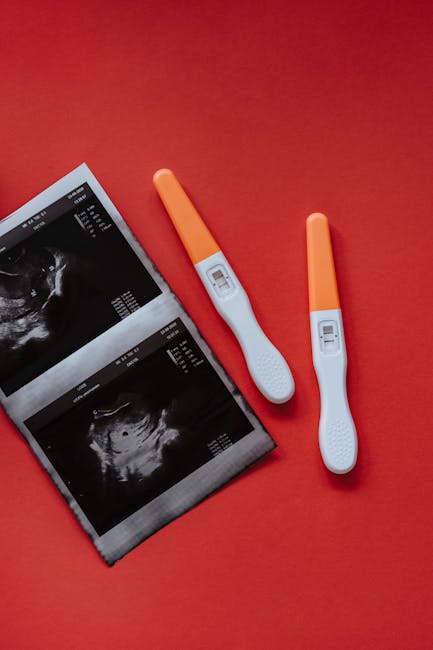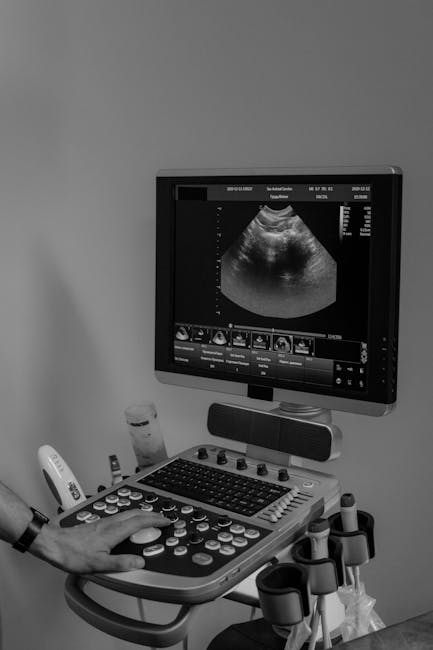Navigating Early Pregnancy Concerns and Birth Defect Awareness
Early on a Monday morning, Carrie called MotherToBaby with anxiety in her voice. After a lively bachelorette party in New Orleans, she found herself feeling nauseous and exhausted, with sore breasts—classic signs that triggered her concern about a potential pregnancy. Although MotherToBaby primarily provides information about medications and exposures during pregnancy and breastfeeding, questions like ‘Am I pregnant?’ are common.
This scenario reminded me of another recent inquiry from Anya, who was two days late for her period and concerned about the implications of missing a birth control pill. She, like many, worried about the effects of birth control on a potential pregnancy.
January marks National Birth Defects Awareness Month, a crucial time for prospective parents to assess their risk factors for birth defects. With over half of pregnancies being unplanned, a proactive discussion with MotherToBaby specialists can be invaluable. For more information, visit the CDC page on birth defects prevention.
Understanding Early Pregnancy Symptoms
Early pregnancy symptoms vary greatly among individuals and can often mimic other conditions. Key symptoms include light vaginal bleeding, mild cramping, sore breasts, fatigue, mood changes, nausea, and more. These symptoms might also indicate hormonal changes, illness, or an impending period, not just pregnancy.
The most reliable way to confirm pregnancy is through a home pregnancy test, available at pharmacies and grocery stores. These tests are about 90% accurate on the day of the expected period, increasing to 97-99% accuracy if taken a week later. The tests detect human chorionic gonadotropin (hCG), a hormone produced during pregnancy. Testing too early can lead to false negatives due to insufficient hCG levels.
Managing Health Before Pregnancy Confirmation
While awaiting test results, it’s crucial to avoid alcohol, smoking, and drugs, all of which can harm a developing fetus. MotherToBaby is a valuable resource for discussing any exposures and medications. Engage with healthcare providers before altering any medication regimens.
If your period hasn’t begun a week after a negative test, retake the test or consult a healthcare professional to explore other causes such as stress or hormonal imbalances. Consider discussing contraception options, like IUDs or implants, to minimize unplanned pregnancies. Tracking menstrual cycles with apps like Flo or Clue can also be beneficial.
Next Steps After a Positive Test
If the test is positive, promptly schedule an appointment with your healthcare provider to confirm the pregnancy and begin prenatal care. Start taking a prenatal vitamin with at least 400mcg of folic acid to support fetal development. Maintain a healthy lifestyle with exercise, sufficient sleep, and mental health care. Ensure vaccinations are current and refer to our healthy pregnancy blog post for more guidance.
MotherToBaby is here to assist with any questions throughout pregnancy and breastfeeding. For more personalized support, reach out to our specialists.




